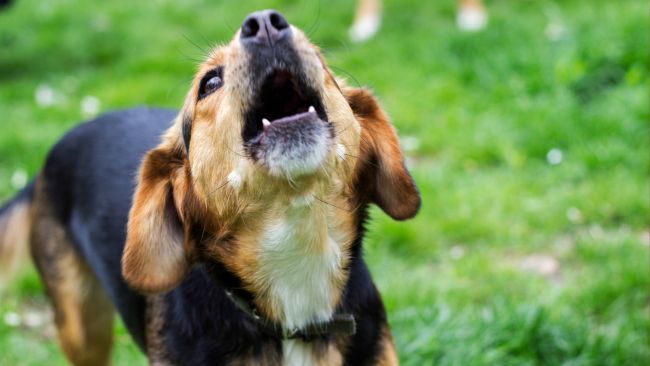The dog comes in from being outdoors on a frosty winter morning. You don’t see him come up behind you, but that doesn’t stop him from putting his cold nose on your bare leg and you just about jump out of your skin. The good news is that your dog is probably healthy. Cold, wet noses usually indicate that all is well.
Experts attribute cold wet noses to several factors. One is that dogs lick their noses as a means of keeping cool. Dogs sweat through the pads of their feet. They can also shed excess heat through the process of panting and from their nose. Scientists think that the cold, wet noses are actually part of a cool-down process because moisture helps to keep the nose cooler, thereby helping to keep the whole dog cooler. This is one possible explanation for why dogs lick their noses frequently in warm weather.
Another thought is that dogs lick their noses because they can. They may realize that the moisture helps to cool them or they may just be cleaning up after a messy dinner.
Some experts attribute moisture on a dog’s nose as an important part to the process of smelling. The thin, clear moisture produced by a dog’s nose is mucus. It is not sweat. It is thought that the mucus provides a good surface for chemicals in the air to settle on and adhere to. The chemicals are absorbed through the skin of the nose where the cells that are vital to detecting smell are located. Additionally, dogs will lick their nose to sample the chemicals that are stuck there and present them to another olfactory sense organ on the roof of their mouth. This is one reason dogs have such a heightened sense of smell.
Not all dogs have wet noses. This does not mean that there is necessarily a health issue. The amount of moisture does vary from dog to dog. However, if your dog’s nose is commonly wet and suddenly becomes dry and cracked, it may be a sign of a health issue.
One must be careful not to confuse the normal moisture with runny noses that indicate upper respiratory infections, sinus infections or serious diseases such as distemper or kennel cough.
Dogs that have anything but a clear nasal discharge should be seen by a veterinarian as soon as possible. Thick, snotty discharges can be a sign of a serious health problem.
It is a good idea to monitor your dog’s nose for any signs of change. One of the most common factors that can change the color of a dog’s nose is sunburn. There are special canine sunscreens that can be used to protect the nose.
Eating out of plastic dishes can also cause a dog’s nose to change color. This is known as contact sensitivity and is easily avoided by using glass, stainless steel or ceramic food and water dishes.
Be glad for Rover’s cold, wet nose. It just may be the best sign that all is well.





.jpg)
0 Komentar